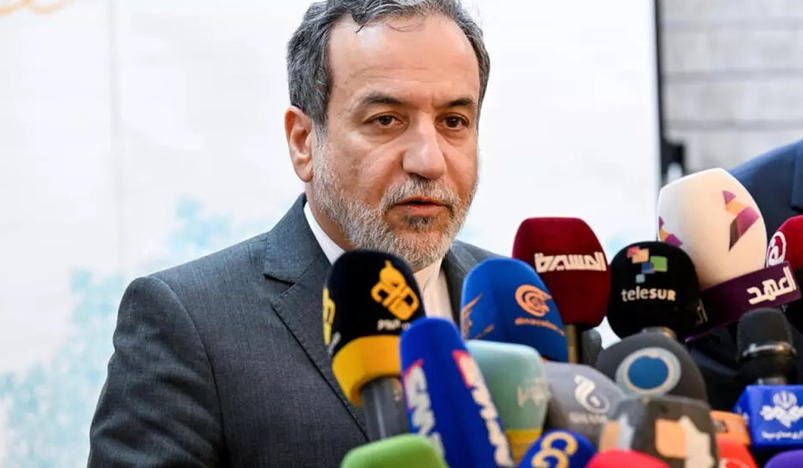
Abbas Araghchi
Iran’s foreign minister says he supports efforts for a regional ceasefire with Israel, while also warning Tel Aviv that if it carries out an attack on Iran, Tehran will retaliate in a harsh way.
Abbas Araghchi’s remarks on Friday came as he was in Beirut for meetings with Lebanese officials. His visit took place three days after the latest in a series of rapidly escalating attacks that threaten to push the region closer to an all-out war.
“If the Israeli entity takes any step or measure against us, our retaliation will be stronger than the previous one,” Araghchi said after meeting Lebanon’s Parliament Speaker Nabih Berri.
On Tuesday, Iran launched missiles at Israel. Iran said the attack was in retaliation for Israel’s killings of senior Hezbollah, Hamas and Iranian Islamic Revolutionary Guard Corps (IRGC) figures, including Hezbollah leader Hassan Nasrallah, and escalating attacks in Lebanon.
Araghchi said his presence in the city under bombardment signals Iran’s support for Hezbollah and expressed backing for a ceasefire in Lebanon, contingent on a simultaneous Israeli ceasefire in Gaza.
“We support the efforts for a ceasefire, provided that first, the rights of the Lebanese people are respected and it is accepted by the [Hezbollah] resistance, and second, that it comes simultaneously with a ceasefire in Gaza,” he said.
Araghchi said Iran’s strikes on Israel were “legitimate self-defence based on the UN Charter”.
“Unlike Israel, which targets residential areas, we only attacked military centres,” he said. “We do not intend to continue the attacks unless the Zionist regime chooses to continue its attacks.”
Israeli strikes on Lebanon, especially in the capital’s densely populated southern suburbs, continued on Friday. A day earlier, Israeli forces pounded the area, with residents describing the explosions as the most violent attack so far on Beirut.
At least 11 consecutive raids reportedly shook the ground and sent plumes of smoke into the skyline late on Thursday.
Israel’s army said the attack in Beirut had killed Mohammad Rashid Sakafi, Hezbollah’s head of communications. There has been no confirmation from Hezbollah.
Israel has carried out deadly air raids in Beirut and across the country for nearly two weeks, killing more than 1,900 people, according to Lebanon’s Ministry of Public Health, and forcing hundreds of thousands to flee their homes.
.jpg)
Qatar Secures Place Among the World's Top 10 Wealthiest Nations
.jpg)
Hamad International Airport Witnesses Record Increase in Passenger Traffic

Saudi Arabia: Any visa holder can now perform Umrah

What are Qatar's Labour Laws on Annual Leave?
Leave a comment